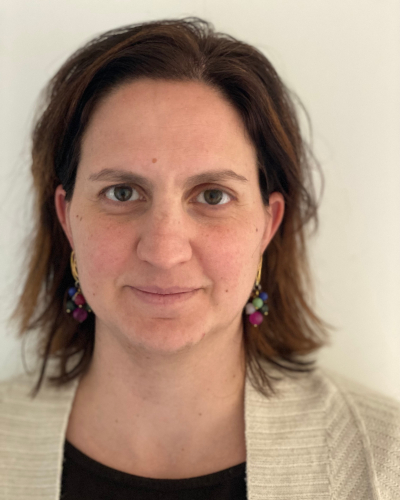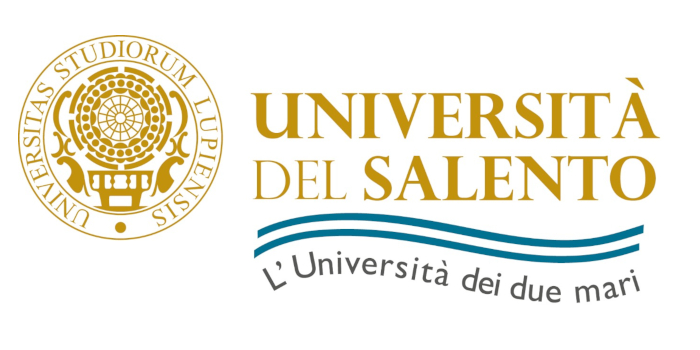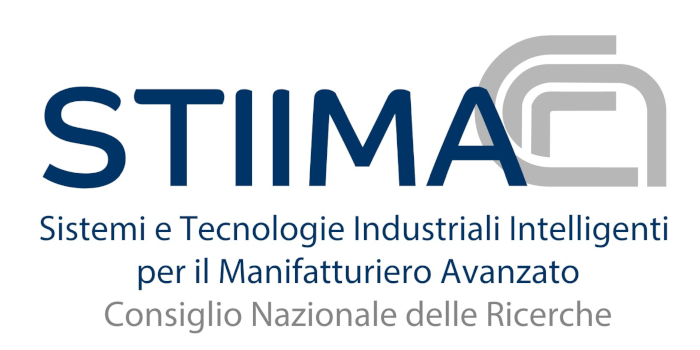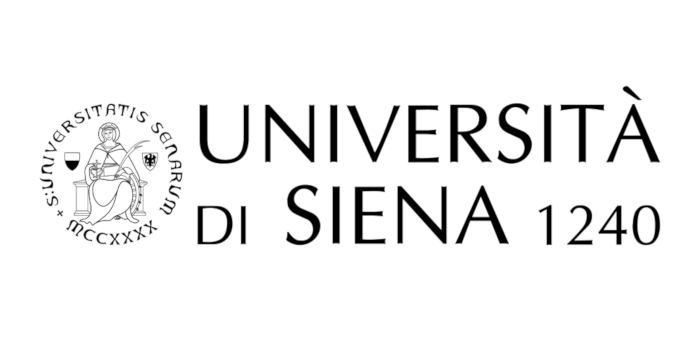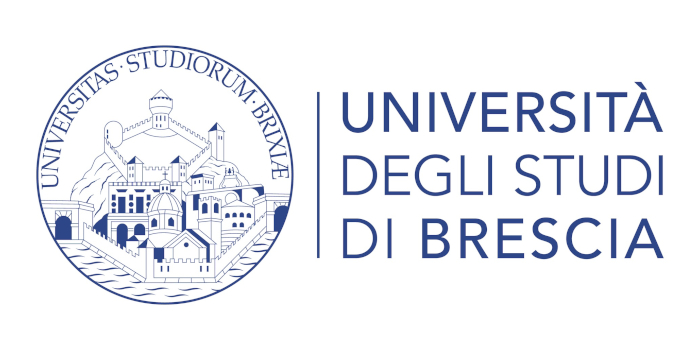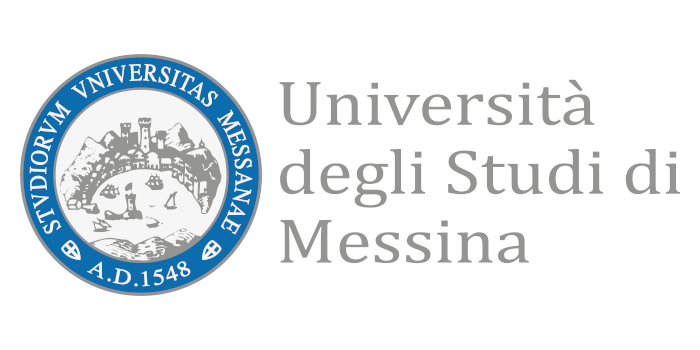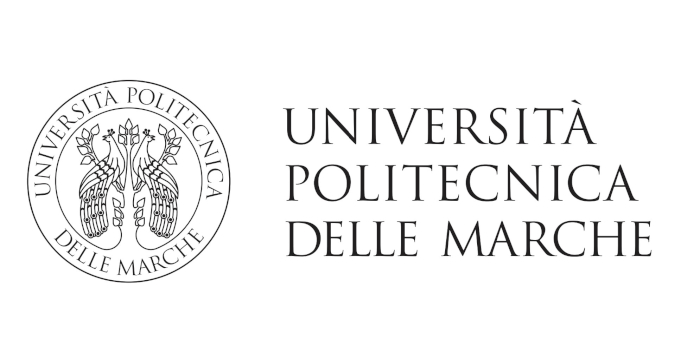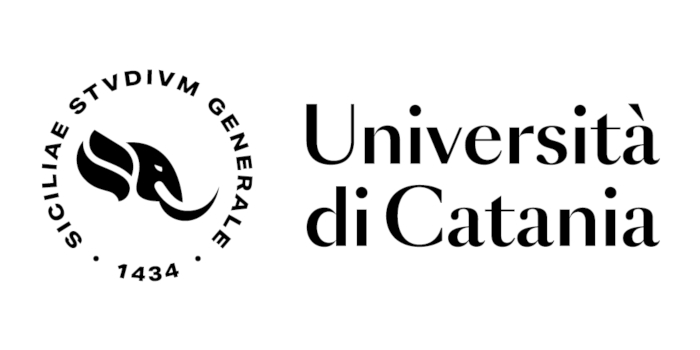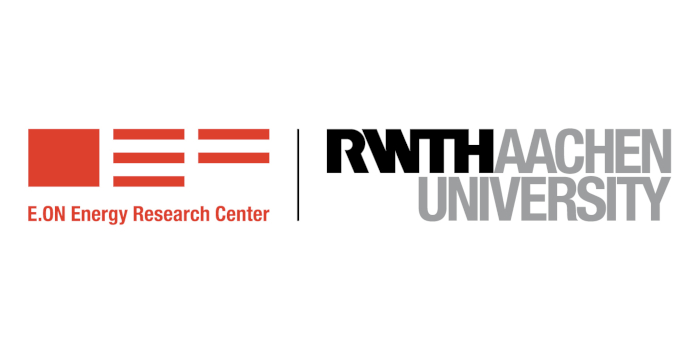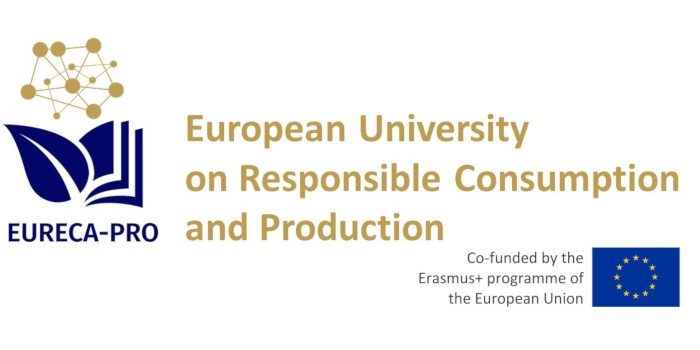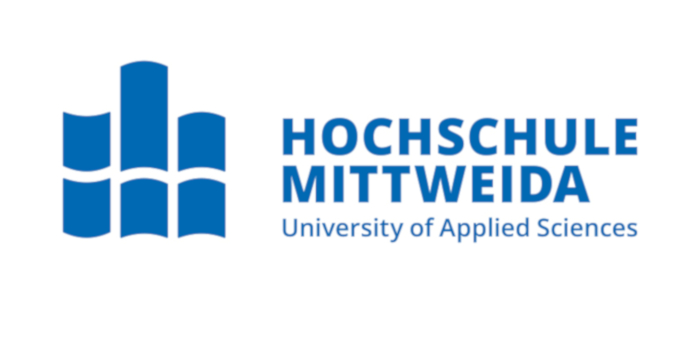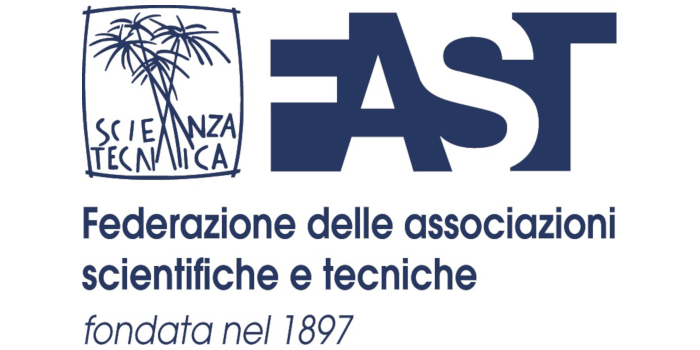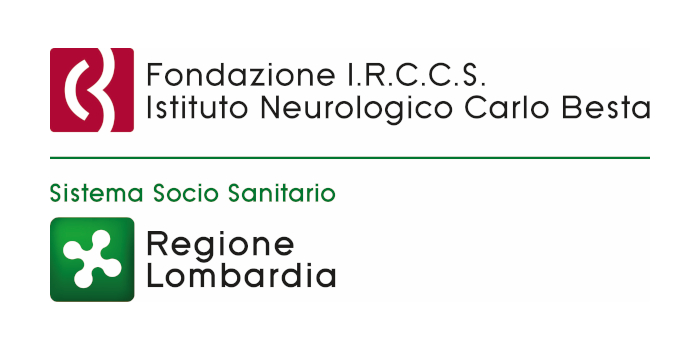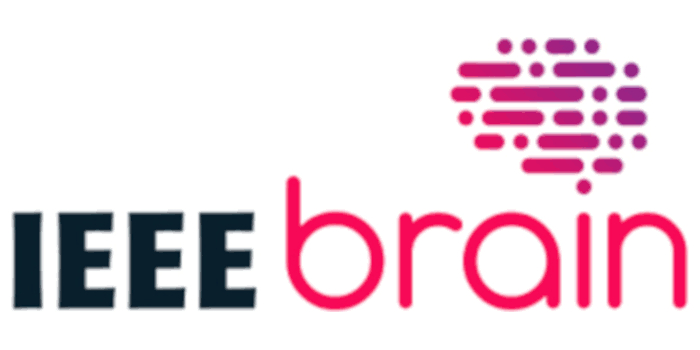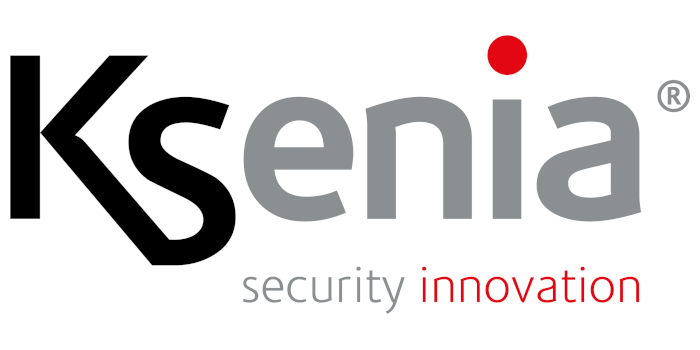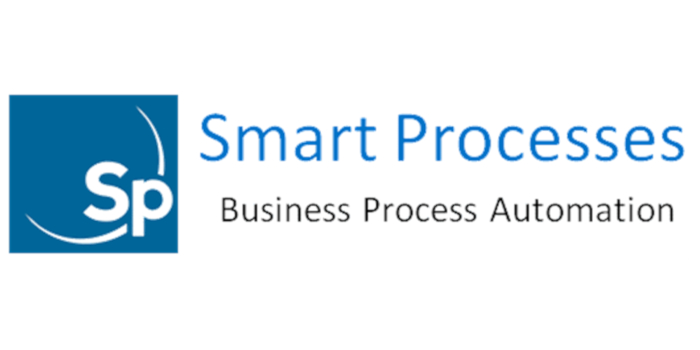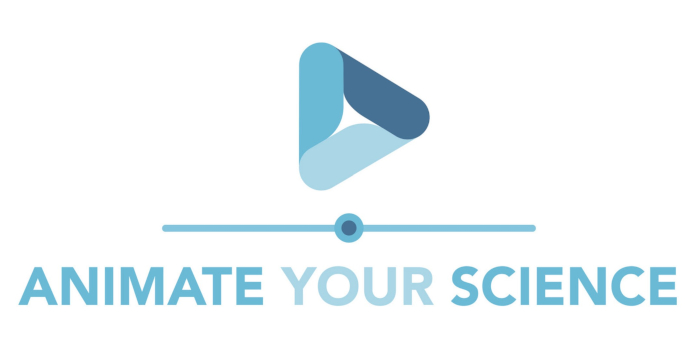SPECIAL SESSION #31
The value of muscular activity monitoring in neurorehabilitation: Surface EMG and beyond
ORGANIZED BY
Marta Gandolla
Politecnico di Milano, Italy
Emilia Ambrosini
Politecnico di Milano, Italy
ABSTRACT
The possibility to give to frail people the possibility of doing anything today that they couldn’t do yesterday might be supported by the use and democratic adoption of assistive and rehabilitation technologies. When coming to human movement, the action of muscles can be considered as the motor of the action.
A key element of assistive/rehabilitation technologies lays on the possibility for the user to have the device under his/her control, and this can be achieved through the monitoring of muscles activities. The measures related to muscles activities can shade light on patient volitional intention, but also on motor relearning processes and motor control strategies. Great effort has been devoted in the scientific literature to superficial electromyography and related signal processing algorithms, but a lot is still ongoing and might be done. This special session aims at collecting contributions focusing on muscular activity monitoring, with particular focus on sEMG in neurorehabilitation for different purposes, such as to improve the control, the usability and the efficacy of assistive / rehabilitation technologies, to monitor the training effect, and to tailor the intervention of the specific user needs.
ABOUT THE ORGANIZERS
Marta Gandolla (MSc in Biomedical Engineering in 2009 and European PhD cum laude in Bioengineering in 2013 from Politecnico di Milano) is currently Assistant Professor at the Department of Mechanical Engineering at Politecnico di Milano. Her scientific research investigates the field of neurological motor rehabilitation and motor assistance during daily life activities of fragile people or during exhausting activities of workers. Her research interests are about design, simulation, prototyping and validation of rehabilitation and assistive technologies, and in particular, exoskeletons, with particular focus on hybrid cooperative control, and connection between neuro-signals and robotic movement. The mechanical design of both rehabilitation and assistance devices are meant to allow the movement to be perceived as natural as possible, and the control design towards patient’s initiated/controlled cooperative approaches, to include user’s personal motor programming in the loop. Her research takes advantages of interdisciplinary skills and working teams, with international and national collaborations.
Emilia Ambrosini is Assistant Professor at Politecnico di Milano. She received her Master’s Degree com laude in Biomedical Engineering from Politecnico di Milano in 2007 and her PhD degree com laude in Bioengineering in 2011. Since 2011, she carried on her research activity at NearLab (Neuroengineering and Medical Robotics Laboratory). Her research interests are the development of novel methods for functional electrical stimulation and robotic systems for rehabilitation, daily life assistance and practice of sport activities of neurological patients, the development of advanced methods to quantitatively assess the effects of rehabilitative programs both in terms of functional gains and n eural correlates, the design and implementation of randomized controlled trials and systematic reviews to promote evidence-based approaches in rehabilitation. She is co-authors of more than 50 papers in international journals indexed in Scopus (H-index 20, Feb 2023). She teaches the class of Biomedical Instrumentation (Bachelor in Biomedical Engineering) and of the laboratory class of Functional Evaluation Laboratory (Master in Biomedical Engineering).


